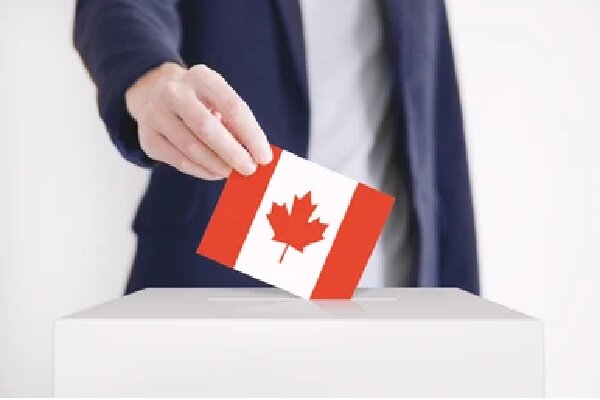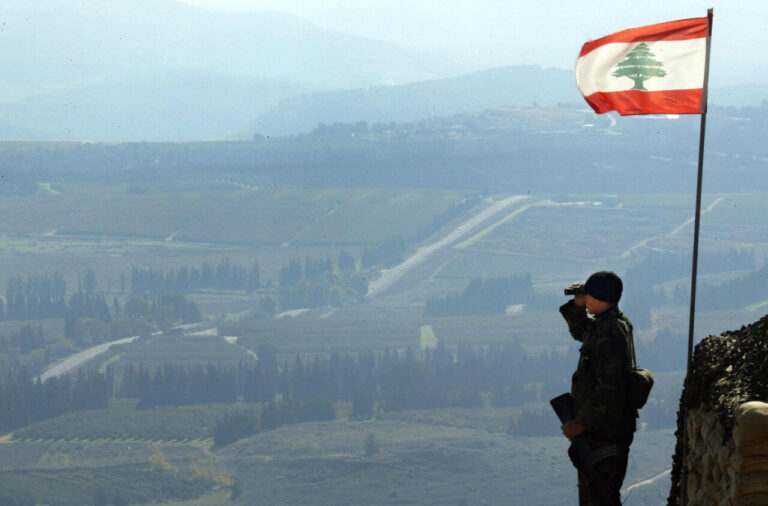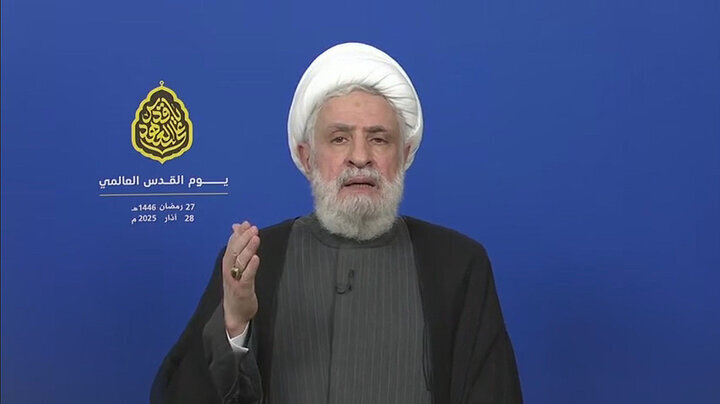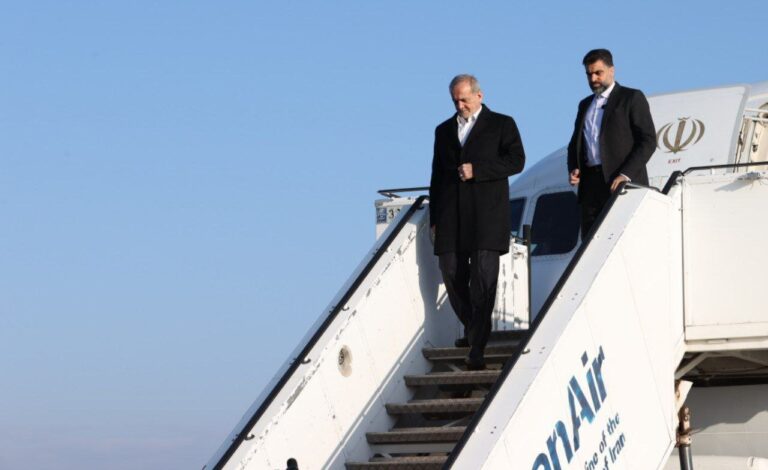Canadians Head to the Polls: Election Dynamics Shifted by Trump’s Influence
As Canadians prepare to head to the polls in a pivotal federal election, the atmosphere is charged with tension stemming from Donald Trump’s recent threats to the nation’s sovereignty and his escalating trade war. This election campaign, deemed by all party leaders as the most significant in decades, has seen Trump inserting himself into the national dialogue once more, making alarming comments about Canada’s status. “We don’t need anything from Canada. And I say the only way this thing really works is for Canada to become a state,” he stated in an interview with Time magazine.
Further complicating the final days of this election was a tragic incident at a vibrant street festival in Vancouver, which left the nation in shock. The attack resulted in the deaths of at least 11 individuals and numerous injuries, prompting Prime Minister Mark Carney to pause his campaign to address the nation. “Those families are living every family’s nightmare,” Carney expressed on Sunday morning, reflecting on the devastating impact of the incident during the Filipino community’s Lapu Lapu festival. “I know that I join all Canadians in mourning with you. I know that Canadians are united with you.”
Carney, visibly moved, spoke of the Filipino value of Bayanihan, which emphasizes community support during difficult times. “This spirit upon which we must draw in this incredibly difficult time. We will comfort the grieving. We will care for each other. We will unite in common purpose,” he added.
In the months leading up to the election, Canadian pollsters and political analysts faced challenges in forecasting the future of Prime Minister Justin Trudeau’s Liberal party, which appeared to be on a downward trajectory. At one point, the party lagged behind the Conservative party by as many as 27 points in various polls. The Conservative leader, Pierre Poilievre, seemed poised for an unprecedented electoral victory, a result of a meticulously focused campaign aimed at weakening the governing Liberals and their supporting parties.
However, Trump’s recent actions have dramatically altered public sentiment regarding the U.S., significantly affecting Carney’s electoral strategy since he took over leadership of the Liberal party in mid-March. This shift has the potential to yield an outcome that would have been unimaginable merely three months prior.
Currently, the Conservatives’ chances of winning appear slim, requiring a significant polling deviation and a surge of support in critical battleground areas. “Almost everything about this campaign is without precedent. For the first time in Canada’s history, our closest geographic, economic and security partner has placed us in the crosshairs, disrupting our sense of economic and physical security,” noted Scott Reid, a political advisor and former communications director for Liberal Prime Minister Paul Martin.
Reid added, “And then you have this unprecedented situation where Mark Carney, with no electoral experience, emerges on the scene, reverses a 26-point deficit in his party’s fortunes and takes them to the brink of a majority victory. Nothing about this has happened before. It’s not just that it’s unprecedented; it’s that it’s enormously consequential in all of its implications. It’s all jaw-dropping.”
Despite this, many Canadians express frustration at the prospect of a fourth consecutive Liberal term, pointing to a government that has struggled to address a growing cost of living crisis. One resident, Sam, voiced his concerns, stating, “Ten years of a Liberal government is a long time. They had their shot. And the changes they made are for the worst. We need a new government, new ideas, new people, and new ministers.”
While Carney presents himself as a political novice, Sam remarked, “He’s a political insider. I’m not saying he’s not a qualified person, but he’s also a businessman. So is Trump. Look how that’s turned out for everyone.”
Running on a platform of change, Poilievre, a seasoned parliamentarian, has drawn large crowds to his rallies across Canada, appealing especially to young voters concerned about the rising cost of living. “Canadians are asking the simple question: can we really afford to allow Mark Carney to have the fourth term of Justin Trudeau, raising exactly the same taxes, running exactly the same deficits, doubling exactly the same housing costs, with exactly the same Liberal team?” Poilievre stated during a campaign stop in Saskatoon, a Conservative stronghold.
He emphasized the generational divide in Canada, where the older generation views the Trump threat as an existential crisis, while younger voters are more concerned about home ownership and starting families. “The existential threat to their future is Trump, but the existential threat to the future of the younger generation is being able to own a home and start a family,” said Melanie Paradis, the president of Texture Communications and former communications director for Conservative leader Erin O’Toole.
This shift has placed the Conservatives in a precarious position, with a significant reversal of their traditional support base. “We’ve had a bizarre reversal of fortunes. We used to be so reliably strong with the older demographic – people who you could really count on to show up and vote on election day,” Paradis noted. “Now we have an incredibly strong showing among young voters, but we’ve lost the support of senior men.”
The intense focus on the two leading party leaders has also overshadowed smaller opposition parties, which have struggled to gain traction in this election dominated by economic and political responses to Trump. The New Democratic Party (NDP), which previously supported Trudeau’s minority government, faces the potential for its largest loss ever, with leader Jagmeet Singh at risk of losing his federal seat in Burnaby South.
“Conservative attacks on the NDP’s support for the Liberals were highly effective in eroding trust in Jagmeet Singh. But now, when faced with the Trump threat, voters who would typically support the NDP are strategically looking at the Liberals,” Paradis explained.
The Green Party leader, Elizabeth May, also faces the possibility of losing her seat. A surge of patriotic sentiment, ignited by Trump, is impacting the electoral prospects of the separatist Bloc Québécois, potentially benefiting the Liberals.
As of now, over 7 million Canadians have participated in early voting, marking a 25% increase compared to the previous record, largely aided by the Easter long weekend. Polling stations will begin closing at 8:30 PM Atlantic time, with results anticipated shortly thereafter.






